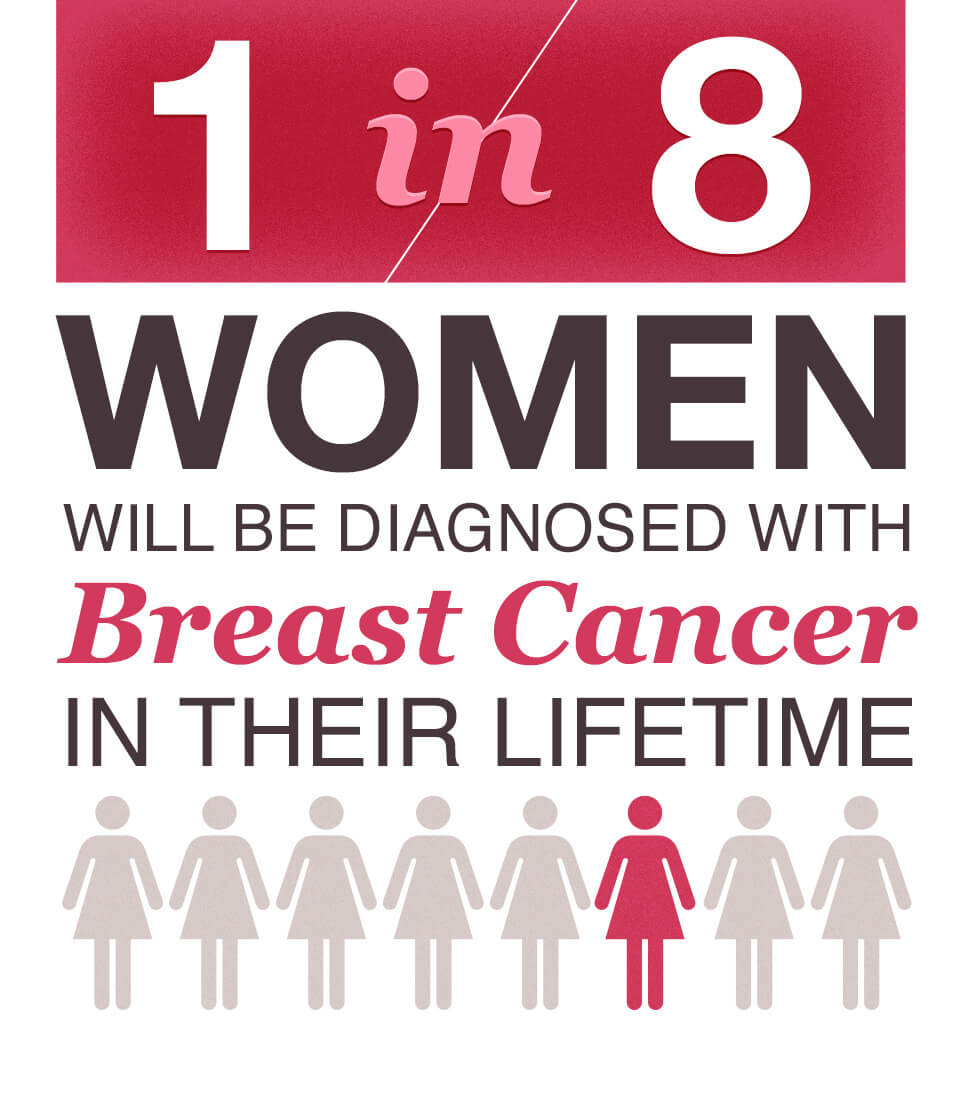Breast Cancer Awareness Month - The Pharmacist's Role
Posted by Emily Thompson on Sep 1st 2020

You must have seen some pink somewhere this month… The NFL kicked off its very pink “Crucial Catch” campaign this Tuesday. Why? October is National Breast Cancer Awareness Month.
For our part, our role in the pharmacy is not limited to preparing prescriptions and then making sure our patients know how to effectively and safely take their medications. You already know this, but it is worth repeating: We are also advocates on behalf of the patient, to the patient. We dispense awareness.
Breast cancer and breast cancer screening can be a tough subject to broach. It's like speaking to someone about getting life insurance. No one wants to or enjoys talking about breast exams and screening, or contemplating the possibility of a life-threatening disease, let alone the chances of an untimely death.
Raising awareness about breast cancer supports breast cancer screening and can inspire patients to follow the American Institute for Cancer Research (AICR) lifestyle recommendations that have been proven in a 2013 study to reduce breast cancer risk by up to 60 percent. See below.
Advocacy and awareness does not stop at prevention and screening. The past 12 months have produced some very significant pharmaceutical advancements in fighting breast cancer and the promise of more breakthroughs to come. Patients fighting the disease should be made aware of these advancements. See below.
According to the American Cancer Society, one in eight women in America will develop invasive breast cancer. That means 231,840 new diagnoses this year. That number is in addition to the 60,290 new cases of carcinoma in situ (CIS), which while non-invasive, is the earliest form of breast cancer. This year, the society estimates that about 40,290 women in the United States will die from the disease.
Pharmacy Times sums the importance of advocacy as a “matter of life and death”: “During patient counseling, pharmacists should utilize every opportunity to encourage and remind their patients about the importance of routine breast cancer screening, including mammography, routine medical checkups, yearly clinical breast exams, and monthly self-breast exams, because early detection may save a life and increase the number of breast cancer survivors in the United States.”
The Proven AICR Lifestyle Recommendations That Really Work:
Researchers for the study, titled Adherence to WCRF/AICR Cancer Prevention: Recommendations and Risk of Postmenopausal Breast Cancer, analyzed lifestyle data from approximately 31,000 women participants. They found that adhering to any five of the six below recommendations reduced breast cancer risk by 60 percent, while following two to four of the recommendations cuts risk in half.
Additionally the researchers also found that carrying less body fat, eating plant foods, and avoiding alcohol reduced risk by more than 60 percent, compared to women who did not follow these three recommendations.
The AICR Recommendations according to the American Institute For Cancer Research:
- Stay as lean as possible without becoming underweight.
- Be physically active. (For this study, women met this recommendation if they were active at least 30 minutes per day at least five days a week.)
- Limit consumption of calorie-dense foods and avoid sugary drinks.
- Eat a plant-based diet that includes a variety of vegetables, fruits, whole grains and beans. (For the study, women met this recommendation if they ate at least five servings of fruits and/or non-starchy vegetables and also at least one serving of whole grains and/or legumes per day.)
- Limit intake of red meat and avoid processed meat. (For the study, women met this recommendation if they ate less than 18 ounces of red or processed meat per week.)
- If you consume alcohol, limit yourself to one drink per day.
Pharmaceutical Breakthroughs Over the Past 12 Months:
1. Aromatase inhibitors
Research has shown that generic aromatase inhibitors, if taken alone, can reduce breast cancer recurrence by 30 percent, compared with tamoxifen. The risk for post-menopausal women dying from the disease is reduced by 40 percent if they start taking the medication within 10 years of diagnosis and stay on it for five years.
While the above is good news, aromatase inhibitors have some very nasty side-effects, including heart problems and weakened bones. While not yet studied there is a strong inclination that if generic aromatase inhibitors are coupled with bisphosphonates, another breast cancer fighting drug, bone loss can be reduced while improving the chances of survival.
2. Bisphosphonates
Researchers at Sheffield University in England found that bisphosphonates, which are prescribed to prevent bone loss in osteoporosis patients, can also reduce breast cancer mortality in post-menopausal women diagnosed with the disease by 18 percent. Because bisphosphonates inhibit the activity of specific bone cells that cause osteoporosis, this class of drugs has been shown to at least impede breast cancer cells from causing tumors in the bones, increasing the probability of survival.
3. Palbociclib with Letrozole
The FDA approved the use of Palbociclib to be used in conjunction with Letrozole in February, because this combination has been shown to extend the lives of post-menopausal women diagnosed with chronic breast cancer (ER-positive, HER2-negative advanced breast cancer). The cocktail extends life, on average, by more than 20 months, while Letrozole taken alone extends life on average by just over 10 months.
Other medications showing promise in the pipeline:
- Cannabis, which according to the U.S. government’s National Cancer Institute, shows potential in causing breast cancer cell death while having little effect on normal cells;
- Re-engineered polio virus has been shown to jumpstart the body’s immune system to attack cancer cells. It is currently being used in trials treating glioblastoma, a form of brain cancer. It is expected that research will soon be extended to include breast cancer;
- Vaccine trials are being conducted independently by the University of Pennsylvania, the Mayo Clinic in Jacksonville, Fla.; and Galena Biopharma, biopharmaceutical company, located in San Ramon Cal.
Image Courtesy of www.nationalbreastcancer.org
